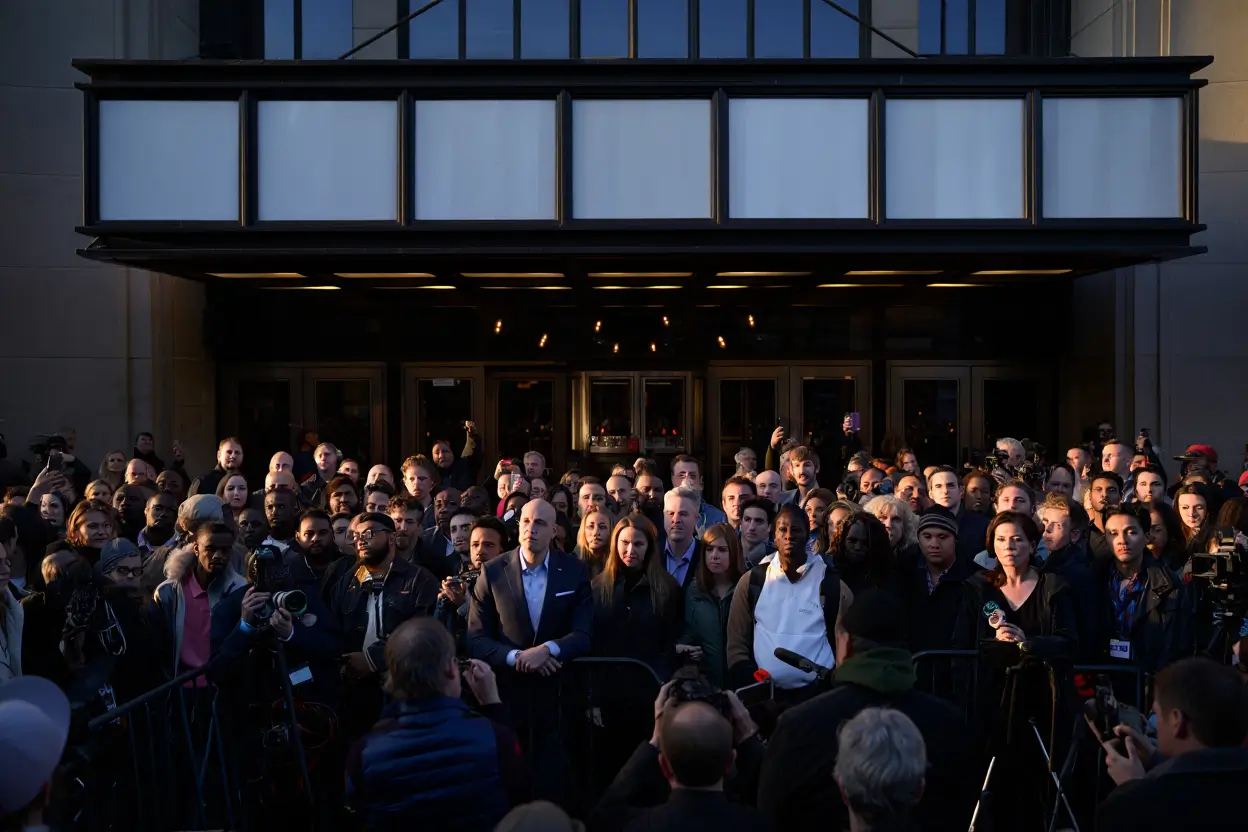TubiTV Just Hit 200 Million Users – Here’s Why
10 Perfect-Score Shows Buried on Prime Video Right Now
“Implicated in genocide and apartheid” — that charged phrase sits at the center of a pledge published today refusing work with certain Israeli film institutions. The line detonated debate across the industry, with press reports citing about 1,200-1,300 signatories and immediate pushback from Israeli producers. This is not abstract activism: it targets festivals, production bodies and distribution links that many rely on. What does a boycott of institutions — not people — mean for your favorite films and the awards season ahead? Read on to see the stakes and next flashpoints.
What The 1,200 Signatures Reveal About Hollywood’s Split Today
What The New Pledge Says: A fresh pledge (published Sept. 8) urges refusal to work with institutions deemed complicit.
Scale: The pledge lists ~1,200 signatories, then reported as 1,300+ by some outlets.
Targets: Festivals, cinemas, broadcasters and production companies are named as institutions to avoid.
Pushback: Israeli producers’ groups called the move “misguided,” promising to resist and defend collaboration.
Immediate Risk: Festival screenings, sales deals and co-productions could face cancellations or boycotts this season.
Why That Quotation Sparked Outrage And Instant Headlines Today
The quoted phrase — “implicated in genocide and apartheid” — is embedded in the pledge’s language and functions as the moral charge that turned a policy ask into a media storm. That wording reframes film-industry choices as political complicity rather than neutral business ties, which is why outlets and executives reacted within hours. The group publishing the pledge called it a targeted institutional refusal, not a ban on Israeli artists, but headlines simplified the claim and amplified emotion. How you feel about cultural boycotts will determine whether you see this as principled pressure or dangerous overreach.
The $3.99 Streaming Service With 500+ Oscar Winners Nobody Knows About
Cancel These 3 Subscriptions Before November 1st – Here’s Why
https://twitter.com/FW4Palestine/status/1965032805018308614
Why Studios, Festivals And Fans Are Divided — 3 Key Reasons
First, legal and reputational risk: festivals rely on international entries and sponsors; organizers fear program gaps and lawsuits. Second, moral framing: supporters compare this to anti-apartheid cultural pressure, while opponents see blunt condemnation that could silence collaborative voices. Third, scale and names: high-profile signatories amplify impact and polarize press cycles. Producers warn that institutional boycotts can shut dialogue; activists argue it pressures change. Which side matters to you — solidarity or safeguarding creative exchange?
https://twitter.com/THR/status/1965131852697801175
The Hard Figures Showing How Fast This Movement Spread Today
| KPI | Value + Unit | Change/Impact |
|---|---|---|
| Signatories (Guardian) | 1,200 Names | Published Sept 8; large initial list |
| Signatories (HollywoodReporter) | 1,300+ Names | Updated count reported later today |
| Festivals Named | 4 Festivals | Jerusalem, Haifa, Docaviv, TLVFest cited |
Film workers’ pledge scaled to over a thousand signers within hours, gaining immediate media traction.
Who Published The Pledge And Which Big Names Backed It (Now Revealed)
The pledge was published by the advocacy network Film Workers For Palestine and, by evening, included high-profile signatories such as prominent directors and actors reported by major outlets. Those names made the pledge impossible to ignore and forced festival directors and sales agents into rapid response mode. The group frames the action as an institutional refusal — aimed at organizations seen as complicit — while explicitly saying it does not ban collaboration with individual Israeli artists. The debate now pivots from rhetoric to logistics: will festivals remove films, will distributors pull sales, and who will mediate?
https://twitter.com/FW4Palestine/status/1965030419910549937
What Happens Next — 3 Immediate Flashpoints To Watch In 2025-2026
Expect fast-moving consequences: festival programming choices (Venice, Toronto, Telluride) will test whether organizers honor or resist the pledge; sales markets could see real-time deal shifts; producers may seek legal counsel about contractual obligations. For artists and audiences, the practical question becomes whether cultural pressure will change financing and distribution — and how quickly. Will the boycott spark a wider reaction or a narrow, short-term media storm? Which side of the debate will shape the next awards season and distribution deals?
Sources
- https://www.theguardian.com/film/2025/sep/08/film-pledge-israeli-institutions-palestinians
- https://www.hollywoodreporter.com/movies/movie-news/ayo-edebiri-mark-ruffalo-boycott-israeli-film-institutions-1236364989/
- https://variety.com/2025/film/global/stars-sign-pledge-complicit-israeli-film-companies-1236511010/
Similar posts:
- 1,200 Signatures Pledge Boycott Of Israeli Film Institutions In 2025, Here’s Why
- 1,200 Artists Pledge Boycott Of Israeli Film Institutions In 2025; What Changes?
- “I Stand Against The War In Gaza” Sparks Industry Split In 2025 – Here’s Why
- “Israel To Stop This Genocide” Sparks Awards-Night Fury In 2025 – Here’s Why
- “I Cannot Work With Someone That Justifies The Genocide” Sparks Studio Backlash In 2025 – Here’s Why

Jessica Morrison is a seasoned entertainment writer with over a decade of experience covering television, film, and pop culture. After earning a degree in journalism from New York University, she worked as a freelance writer for various entertainment magazines before joining red94.net. Her expertise lies in analyzing television series, from groundbreaking dramas to light-hearted comedies, and she often provides in-depth reviews and industry insights. Outside of writing, Jessica is an avid film buff and enjoys discovering new indie movies at local festivals.

